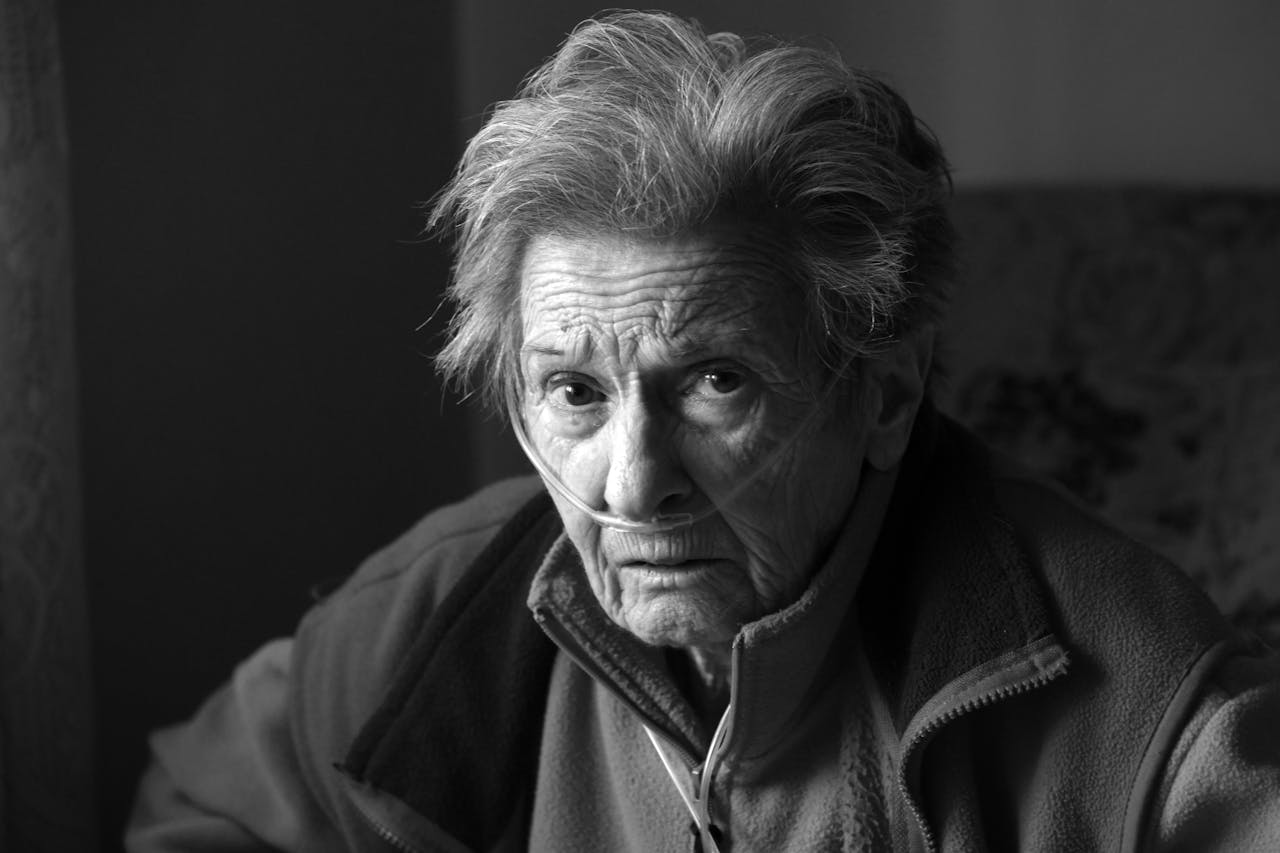
For a lot of seniors, long-term care houses are presupposed to be secure and safe environments. But, more and more, households and residents are shocked to seek out eviction notices or abrupt discharges. These unsettling occasions usually stem from systemic points resembling funding shortfalls, regulatory loopholes, and fractured care fashions. Understanding why seniors are getting evicted is essential for advocating for higher protections. Right here’s a better look behind the headlines and the realities many seniors face.
1. When Medicare or Medicaid Protection Ends
One widespread purpose seniors are evicted is that their Medicare protection has expired, they usually’re unable to pay privately. Nursing houses have been identified to discharge residents as soon as Medicare stops masking care, until the resident instantly transitions to Medicaid. But, if Medicaid functions are pending, amenities are legally required to proceed care, although that doesn’t at all times occur in observe. Some nursing houses shift residents out to make room for better-paying Medicare sufferers.
2. Assisted Residing Services Rejecting Medicaid Residents
In contrast to nursing houses, many assisted dwelling amenities (ALFs) should not sure by federal protections in opposition to eviction for Medicaid recipients. That has led to scenes in locations like Wisconsin, the place dozens of seniors had been informed to vacate when their facility stopped accepting Medicaid. Federal regulation protects Medicaid beneficiaries in nursing houses however not in ALFs, leaving many seniors evicted regardless of no wrongdoing on their half.
3. “We Can’t Maintain Caring for You” — The Ambiguous Grounds for Eviction
One other widespread rationale is that the power can not meet a resident’s care wants. In lots of ALFs throughout the nation, residents are informed, “We are able to’t care for you any longer.” This subjective judgment usually results in evictions, even when no clear requirements decide when care turns into “an excessive amount of.” Ombudsman workplaces report these involuntary discharges as among the many most frequent complaints.
4. Facility Closures Displacing Residents
Nursing dwelling closures are on the rise, and when amenities shut down, residents might be displaced with little discover. Since 2020, at the very least 774 nursing houses have closed, displacing over 28,000 residents. These closures usually end result from mounting monetary pressure, labor shortages, and dwindling mattress availability—and of their wake, seniors are left scrambling for brand spanking new placements.
5. Authorized Protections Are Restricted or Weakly Enforced
Although the Nursing Dwelling Reform Act of 1987 outlines six permissible evictions—like endangering security or incapability to satisfy care wants—some amenities exploit grey areas or fail to observe authorized discover and enchantment procedures. Nursing houses should present written discover, a discharge plan, and enchantment rights, however these rights should not at all times revered in observe. In assisted dwelling settings, protections are even weaker and range by state.
6. Monetary Pressures and Price-Chopping
Many senior residences function with razor-thin margins. Assisted dwelling prices have surged—median annual charges have soared previous inflation, and 4 out of 5 ALFs are operated for-profit. These amenities usually prioritize higher-paying residents and shed these on Medicaid or non-public means, contributing to the wave of seniors getting evicted merely for lack of income.
Why Are Seniors Getting Evicted?
Seniors are being evicted from long-term care amenities for advanced causes—starting from insurance coverage transitions to monetary instability and weak regulatory oversight. In lots of circumstances, seniors who’re evicted aren’t a menace or at fault—they’re caught in a system strained by underfunding, ambiguity, and shifting incentives. Addressing this disaster requires stronger enforcement of federal legal guidelines, expanded tenant protections in assisted dwelling, and sustainable funding fashions to make sure growing old adults retain the steadiness and dignity they deserve.
Learn Extra
9 Occasions It Makes Monetary Sense to Transfer in With Your Children—And three Occasions It Doesn’t
Is Your Native Grocery Retailer Charging Seniors Greater Costs Than Others?

